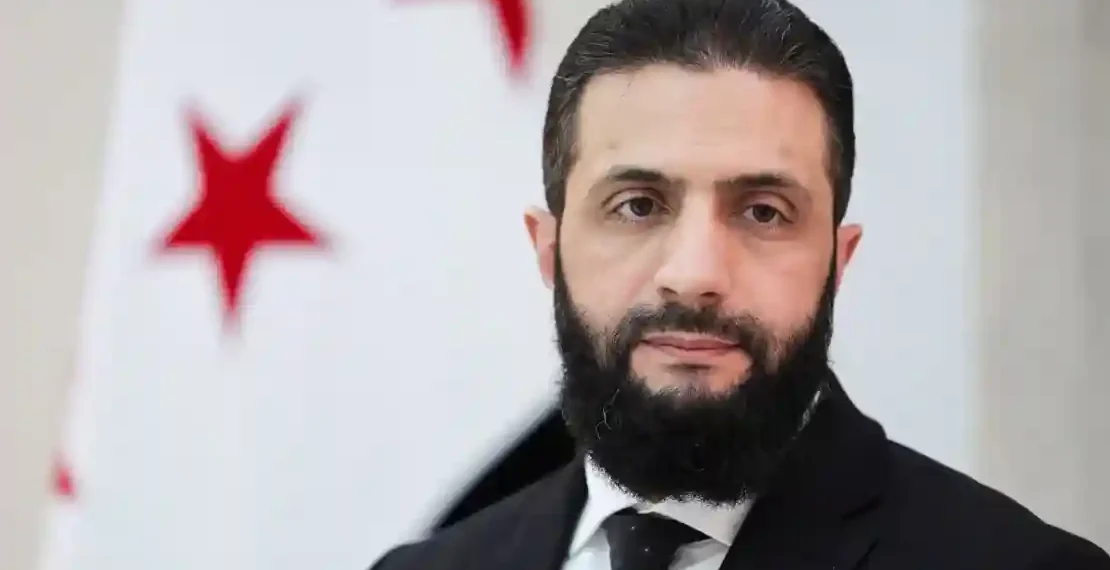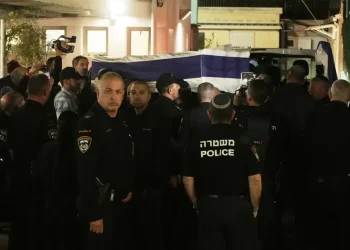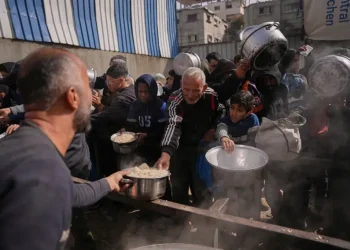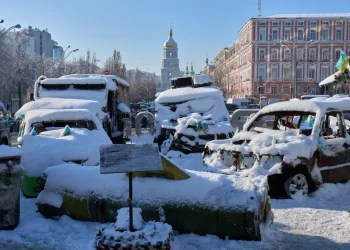What We Know About the Deadly Violence in Syria
A Surge in Violence: The Bloodiest Conflict in Years
Syria has witnessed its deadliest outbreak of violence in years, following a military operation against remnants of the former Assad regime. Since Thursday, clashes between government forces and Assad loyalists have resulted in 779 deaths, including civilians, state security forces, and armed fighters.
What started as a confrontation between armed groups quickly escalated into communal killings, with verified footage showing government loyalists executing individuals and referring to “purifying” the country.
Why Has Sectarian Violence Erupted Again?
The conflict reignited in the coastal Latakia province, the heartland of former leader Bashar al-Assad, where his Alawite sect had long held power. The Alawites, a minority Shiite sect in predominantly Sunni Syria, were closely associated with Assad’s regime. His ouster in December by Sunni Islamist militants seeking to reshape Syria’s political order created deep sectarian tensions.
Under Assad, many opponents viewed the Alawites as complicit in the brutalities of his rule. However, the new interim government, led by Ahmad al-Sharaa, had pledged inclusivity and equal representation across Syria’s diverse ethnic and religious communities. The violence over the past few days, however, underscores Syria’s fragile transition.
On Thursday, Syria’s state-run SANA news agency reported that Assad loyalists attacked government checkpoints, triggering deadly clashes. Over the weekend, these hostilities spiraled into communal killings, with eyewitnesses and video evidence confirming field executions.
Who Is Responsible for the Killings?
The Syrian Network for Human Rights (SNHR) provided a breakdown of the casualties:
- Pro-Assad groups were responsible for 383 deaths, including 172 state security forces and 211 civilians.
- Government forces and their allies killed 396 people, including civilians and disarmed militants.
How Has the New Syrian Government Responded?
Interim President Ahmad al-Sharaa blamed the violence on Assad’s remaining forces, accusing them of inciting sectarian conflict. On Sunday, he vowed accountability for all involved in the bloodshed and announced the creation of an independent investigation committee, tasked with:
- Identifying those responsible for civilian deaths.
- Investigating attacks on public institutions and security forces.
- Recommending judicial action against perpetrators.
Sharaa reiterated that “Syria is a state of law”, emphasizing that the government “will rectify the situation as much as we can.”
How Has the World Reacted?
The violence threatens to derail Sharaa’s efforts to rebuild diplomatic ties and ease sanctions imposed during Assad’s rule. Global reactions have been swift:
- United States: Condemned “radical Islamist terrorists” responsible for massacres in western Syria. Secretary of State Marco Rubio urged accountability for perpetrators.
- European Union: Expressed concern over civilian casualties and called for the protection of civilians under international law.
- Turkey & Iran: Exchanged accusations over destabilizing actions in Syria, fueling diplomatic tensions.
- Russia: Reports indicate Syrians seeking protection at the Russian-run Khmeimim Air Base in Latakia.
Are Foreign Powers Involved?
Syria has long been a battleground for competing regional and global powers, including Saudi Arabia, Iran, the U.S., Russia, and Turkey. In past conflicts, foreign fighters have played key roles, and recent social media footage suggests some may still be active.
As tensions flared, Turkey and Iran exchanged warnings over interference in Syria. Meanwhile, satellite images from March 10 show crowds seeking refuge at a Russian military base in Latakia.
What’s Next for Syria?
Experts warn that Syria’s sectarian divisions, fueled by over 13 years of conflict, will not disappear overnight. Deep-rooted grievances and calls for revenge pose ongoing risks to stability.
Key factors that will shape Syria’s future include:
- Government inclusivity: Avoiding marginalization of the Alawite community.
- Justice & accountability: Ensuring perpetrators face consequences.
- International engagement: Rebuilding trust with Western and regional powers.
The European Union remains open to working with Syria’s interim government if stability is restored. Meanwhile, Turkey, Jordan, Iraq, and Lebanon recently called for lifting sanctions to aid Syria’s recovery.
Final Thoughts
Syria’s transition remains fragile, and the latest violence highlights the challenges ahead. Without addressing underlying tensions and ensuring justice, the risk of future unrest looms large.
While Sharaa insists his government is committed to stability, the coming weeks will be crucial in determining whether Syria moves toward reconciliation or deeper conflict.
This article was rewritten by JournosNews.com based on verified reporting from trusted sources. The content has been independently reviewed, fact-checked, and edited for accuracy, neutrality, tone, and global readability in accordance with Google News and AdSense standards.
All opinions, quotes, or statements from contributors, experts, or sourced organizations do not necessarily reflect the views of JournosNews.com. JournosNews.com maintains full editorial independence from any external funders, sponsors, or organizations.
Stay informed with JournosNews.com — your trusted source for verified global reporting and in-depth analysis. Follow us on Google News, BlueSky, and X for real-time updates.













